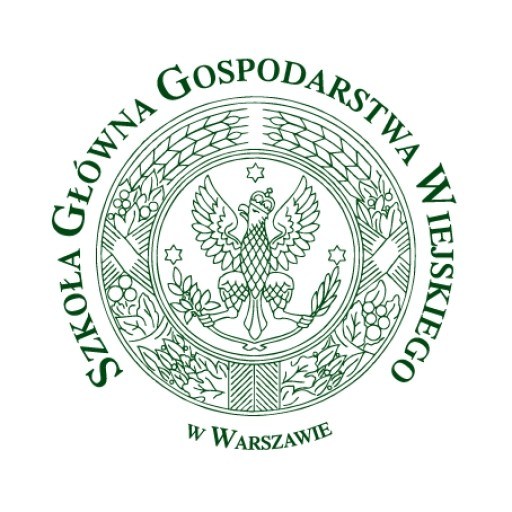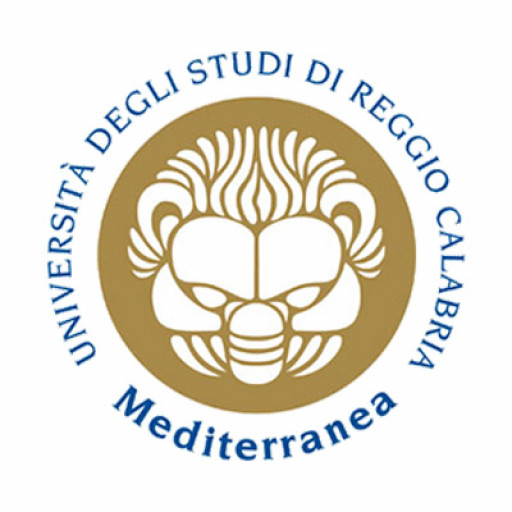Environmental Engineering with a specialization in Information Systems in Water Resources Management at Warsaw University of Life Sciences offers a comprehensive education designed to equip students with advanced knowledge and practical skills necessary for sustainable water management and environmental protection. The programme integrates core principles of environmental engineering, including water quality control, wastewater treatment, and pollution control, with specialized training in information systems that monitor, analyze, and optimize water resources. Students will learn how to utilize cutting-edge technologies such as Geographic Information Systems (GIS), remote sensing, data analysis, and modeling tools to address complex water-related challenges faced by modern society. The curriculum emphasizes interdisciplinary approaches, combining engineering, ecology, information technology, and management practices to develop innovative solutions for water resource planning, management, and conservation. Throughout the programme, students gain hands-on experience through laboratory exercises, fieldwork, and projects collaborated with industry and municipal partners. Graduates will be prepared to work in environmental consultancy firms, governmental agencies, water supply companies, and research institutions, playing crucial roles in designing sustainable water management systems, implementing environmental policies, and advancing technological innovation in the water sector. The programme also fosters critical thinking, problem-solving skills, and the ability to operate effectively in multidisciplinary teams. With a focus on sustainability and environmental protection, students are encouraged to contribute to global efforts addressing water scarcity, pollution, and climate change impacts. The combination of technical expertise and information systems knowledge ensures that graduates are well-equipped to lead and innovate in the evolving field of water resources management.
The Environmental Engineering program with a specialization in Information Systems in Water Resources Management at Warsaw University of Life Sciences is designed to equip students with comprehensive knowledge and practical skills necessary to address modern challenges in water resource management through innovative technological solutions. The curriculum combines fundamental environmental engineering principles with advanced training in information systems, data analysis, and digital technologies, enabling graduates to develop effective strategies for sustainable water management.
Students will engage in courses covering hydrology, water treatment technologies, pollution control, and environmental quality monitoring. They will also study the design and implementation of information systems tailored to water resource analysis, including Geographic Information Systems (GIS), remote sensing, data modeling, and decision support systems. The program emphasizes interdisciplinary learning, integrating environmental science, engineering, computer science, and management to prepare students for careers in water utilities, environmental consultancy, research institutions, and government agencies.
Throughout the program, students participate in practical laboratories, software workshops, and fieldwork, gaining hands-on experience with state-of-the-art tools used in water resource management. Collaborations with industry partners provide real-world projects, fostering skills in problem-solving, project planning, and sustainable development. The program aims to produce graduates capable of analyzing complex water systems, designing efficient management solutions, and implementing information technology to optimize water use and pollution control.
By the end of the studies, students will have developed strong competencies in environmental engineering practices combined with expertise in information technology applications. Graduates will be prepared to contribute to innovative water management strategies, support environmental protection efforts, and participate in policy development to ensure sustainable water use for future generations. This program reflects Warsaw University of Life Sciences' commitment to preparing professionals who can effectively integrate engineering and information systems to address global environmental challenges.
Engineering degree or equivalent in Environmental Engineering.
Qualification based on average results from the first degree studies
Verified command of English. Number of the place available: 15 to 17.
The financing of the Environmental Engineering program with a specialization in Information Systems in Water Resources Management at Warsaw University of Life Sciences is primarily supported through a combination of public funding, university resources, and student fees. As a leading institution in Poland, Warsaw University of Life Sciences (WULS) benefits from government subsidies designed to promote higher education and research activities in environmental sciences and engineering fields. These funds are allocated by the Ministry of Education and Science and support the operational costs, curriculum development, faculty salaries, and research projects associated with the program.
In addition to government support, the university allocates internal funds to ensure the quality of teaching and research. This includes investments in modern laboratories, information technology infrastructure, and practical training facilities that are vital for programs specializing in water resources management and information systems. Such investments help maintain high standards of education and provide students with state-of-the-art tools and resources.
Student financing is also an important aspect of the program. Tuition fees are charged to both domestic and international students, with fees varying depending on the student's nationality and the specific regulations governing Polish and EU-funded education. Warsaw University of Life Sciences offers scholarships and financial aid opportunities to support students with outstanding academic performance, needs-based criteria, or participation in research projects. These scholarships can significantly alleviate the financial burden and enable talented students to undertake their studies without undue economic hardship.
Furthermore, some students may access external funding sources such as Erasmus+ programs, which facilitate student exchanges and internships across European universities, often with financial support for mobility costs. Research grants and project funding are available for students involved in research activities, providing stipends or funding for attendance at conferences, workshops, and fieldwork related to water resources management and information systems.
Partnerships with industry and governmental agencies provide additional funding opportunities through collaborative research projects, internships, and sponsored theses. Such collaborations promote practical experience and can include financial support for students engaged in specific projects aligned with environmental engineering and water resource management.
Overall, the financing structure of the program is comprehensive and aims to ensure accessibility, high-quality education, and research excellence. It combines national and university funds, student contributions, external grants, and industry partnerships to sustain the program’s growth and development. This multi-source approach guarantees that students receive a well-rounded educational experience, equipping them with the necessary skills and knowledge to address contemporary challenges in water resources management and environmental engineering.
The Environmental Engineering programme with a specialization in Information Systems in Water Resources Management at Warsaw University of Life Sciences offers a comprehensive education focused on the intersection of environmental engineering principles and advanced information technologies applied to water resource management. This programme aims to equip students with the necessary skills to address contemporary challenges related to water quality, quantity, and sustainability through innovative technological solutions and data-driven approaches. The curriculum includes core courses in environmental engineering, hydrology, water treatment, and environmental protection, complemented by specialized modules on information systems, data analysis, geographical information systems (GIS), remote sensing, and modeling techniques pertinent to water resources. Students have opportunities for practical training through laboratory work, field exercises, and collaboration with industry partners, enabling them to develop hands-on experience in real-world applications. The programme also emphasizes sustainable development, environmental legislation, and management strategies necessary for efficient water resources utilization and protection. Graduates of this programme are prepared for careers in environmental consulting firms, water supply and treatment companies, government agencies, and research organizations. They may work as water resource managers, environmental data analysts, GIS specialists, or in roles related to monitoring and managing water infrastructure projects. The programme is tailored to meet the demands of a rapidly evolving field, integrating modern digital tools and environmental engineering practices to foster innovative solutions for water management challenges. It is designed to support students in developing critical thinking, problem-solving skills, and the ability to work in interdisciplinary teams, ensuring they are well-equipped to contribute effectively to sustainable water management initiatives. Overall, the programme combines technical expertise with an understanding of environmental and societal impact, preparing graduates to lead the development of smarter, more efficient water resource systems in Poland and internationally.










